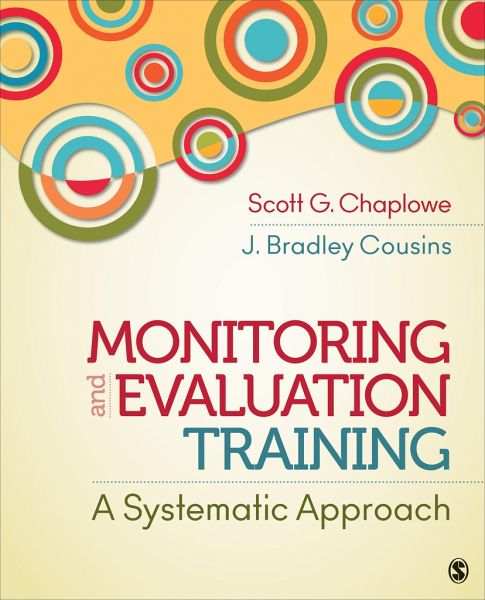Scott G. Chaplowe is currently a senior monitoring and evaluation (M&E) officer at the International Federation of Red Cross and Red Crescent Societies (IFRC), based in Geneva. In addition to M&E, he has over twenty-years experience in policy research and analysis, strategic planning, and capacity building and development for civil society and international organizations. He holds a MA degree from UCLA in Geography, with a focus on political ecology and natural resource management and has authored articles on urban agriculture, civil society and evaluation, coedited a book on sustainable agriculture, and developed an assortment of guides on M&E, program design, capacity assessment, and strategic planning. His initial experience in adult education was working with experiential learning and leadership with Outward Bound and the National Outdoor Leadership School (NOLS). He has since taught at universities in both the United States and abroad (China and Taiwan) and has extensive experience in the development, delivery, and evaluation of individual and organizational training (face-to-face, e-learning, and blended learning). He has provided training in M&E and related topics in North and South America, Europe, Africa, and Asia, including professional development workshops for the American Evaluation Association (AEA), the European Evaluation Society (EES), the South African Monitoring and Evaluation Association (SAMEA), the Malaysian Evaluation Society (MES), and the Sri Lankan Evaluation Association (SLEVA). For more information, visit www.ScottChaplowe.com.







